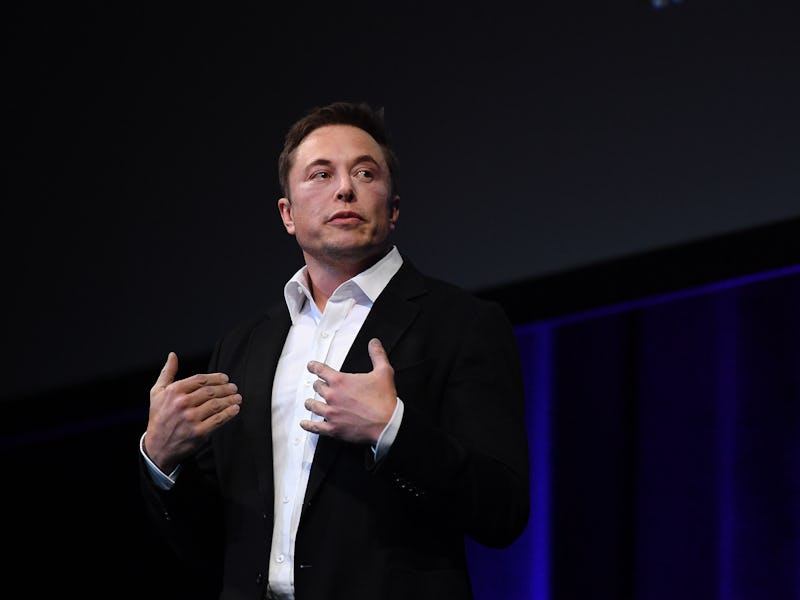'Black Mirror' Had an Unexpected — And Disturbing — Elon Musk Tie-In

The lines between art and life were seriously blurred in season four of Black Mirror, which premiered on Friday. Perhaps the most disturbing real-world connection was one that many folks might have missed unless they monitor Elon Musk’s every move as part of their profession.
Spoilers ahead of Black Mirror season 4, “Black Museum”
This season of Black Mirror culminates on a chilling note in “Black Museum,” in which a mysterious traveler named Nish (Letitia Wright) visits an unusual collection of exhibits in a roadside museum. The museum’s curator, Rolo Haynes (Douglas Hodge), explains that all the artifacts have been involved in horrible crimes. He then gives the backstories on three particularly unnerving exhibits — one of which has a personal connection for Nish.
Image: Netflix
The first part of the anthology episode is based on a short story called “The Pain Addict,” written in the 1980s by magician Penn Jillette. It’s about a doctor who uses a gadget placed on his patients’ heads so that he can feel their pain, allowing him to more accurately diagnose them. But the doctor soon becomes addicted to their agony, causing him to spiral into madness since nothing can satiate his growing need. Like most Black Mirror episodes, this ends in death and despair.
What’s weird about this doctor’s “gadget” is that Elon Musk is already trying to create one. Last spring, the SpaceX and Tesla founder announced that he would be creating yet another company called Neuralink, based on a device called a “neural lace.” It sounds like what you’d imagine the Black Mirror device would look like in real-life: a “digital layer” placed above the cortex of the brain, essentially melding the human mind with a computer.
At least that’s the idea, which is pretty ambitious and terrifying.
The device featured in the "Black Museum."
Musk first raised the idea of neural lace at a Recode conference back in 2016. In the short-term, the device could apparently be used for medical applications, which is…yeah. It’s really just like the device from Black Mirror.
The connections get even more uncanny: In 2016, Neuralink registered as a “medical research” company in California. Yikes.
“Neural lace could help humans keep apace with rapidly accelerating advancements in artificial intelligence, which Musk said will cause humanity to “be left behind by a lot,” Recode’s April Glaser reported back in May 2017. “With the help of brain implants that are directly linked to computers, humans may be able to improve their brain function, or even one day download their thoughts or upload the thinking of others.”
As early Black Mirror bingers know, that whole “downloading their thoughts” idea might not pan out well. Hopefully Elon Musk’s invention — if it ever comes to fruition — doesn’t lead its users down the same path.